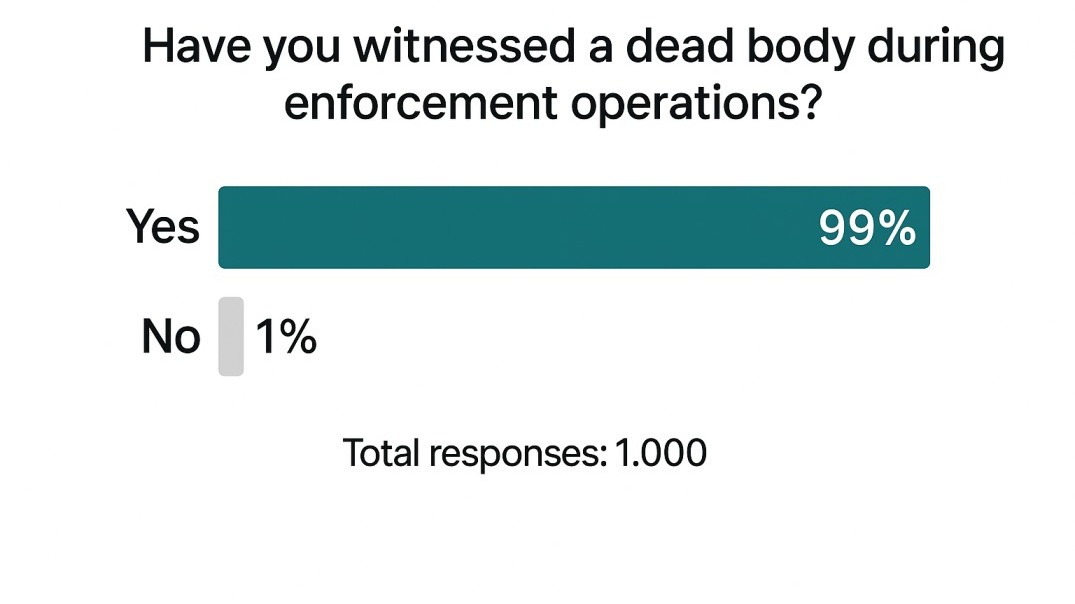
Building Trust: The Cornerstone of Wellness Program Success
Trust is the bedrock of any sustainable wellness program in law enforcement agencies. To foster this trust, organizations must communicate openly about the objectives of their wellness initiatives while actively inviting and incorporating feedback from officers. This invitation encourages participation and demonstrates a commitment to staff health and well-being. Utilizing tools such as shift briefings or wellness interest surveys can engage personnel and create a collaborative atmosphere where everyone feels valued.
Evaluating Program Effectiveness: A Continuous Process
The relevance of wellness programs depends on constant evaluation and adaptation. It is essential for agencies to regularly assess the effectiveness of their initiatives, gathering feedback from participants and stakeholders alike. This ongoing process not only highlights areas for improvement but also allows agencies to pivot quickly in response to shifting needs within their workforce.
Professional Support and Resources: Pathways to Improvement
Many agencies underestimate the importance of professional support. Utilizing resources provided by organizations such as the U.S. Department of Justice and the IACP’s CRI-TAC Program can dramatically enhance program outcomes. These resources offer tailored assistance, leveraging expertise to guide agencies through the complexities of establishing and maintaining effective wellness programs.
Engaging Officers: Strategies for Sustaining Interest
Engagement drives the long-term success of any wellness program. Officers need to feel that their involvement weighs significantly in shaping initiatives. Consider implementing reward systems, feedback loops, or workshops that address topics of direct interest to personnel. This strategy not only encourages participation but also builds morale and commitment.
Future Trends in Wellness Initiatives
Looking ahead, the integration of technology will increasingly shape the landscape of wellness programs. Digital platforms for health monitoring, mental wellness apps, and virtual wellness events provide innovative avenues for supporting officers’ health and safety. Agencies that adapt to these advances will find themselves better equipped to meet the demands of modern policing.
The sustainability of wellness programs in law enforcement agencies is both critical and achievable. By prioritizing trust, continual evaluation, engaging officers, and leveraging available resources, leadership can ensure these programs remain relevant and effective. As we navigate the evolving landscape of public safety, fostering a culture of health and wellness should be at the forefront of organizational priorities.
 Add Row
Add Row  Add
Add 

 Add Element
Add Element 




Write A Comment